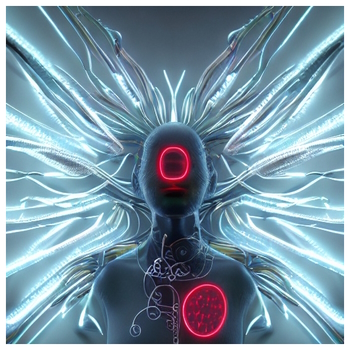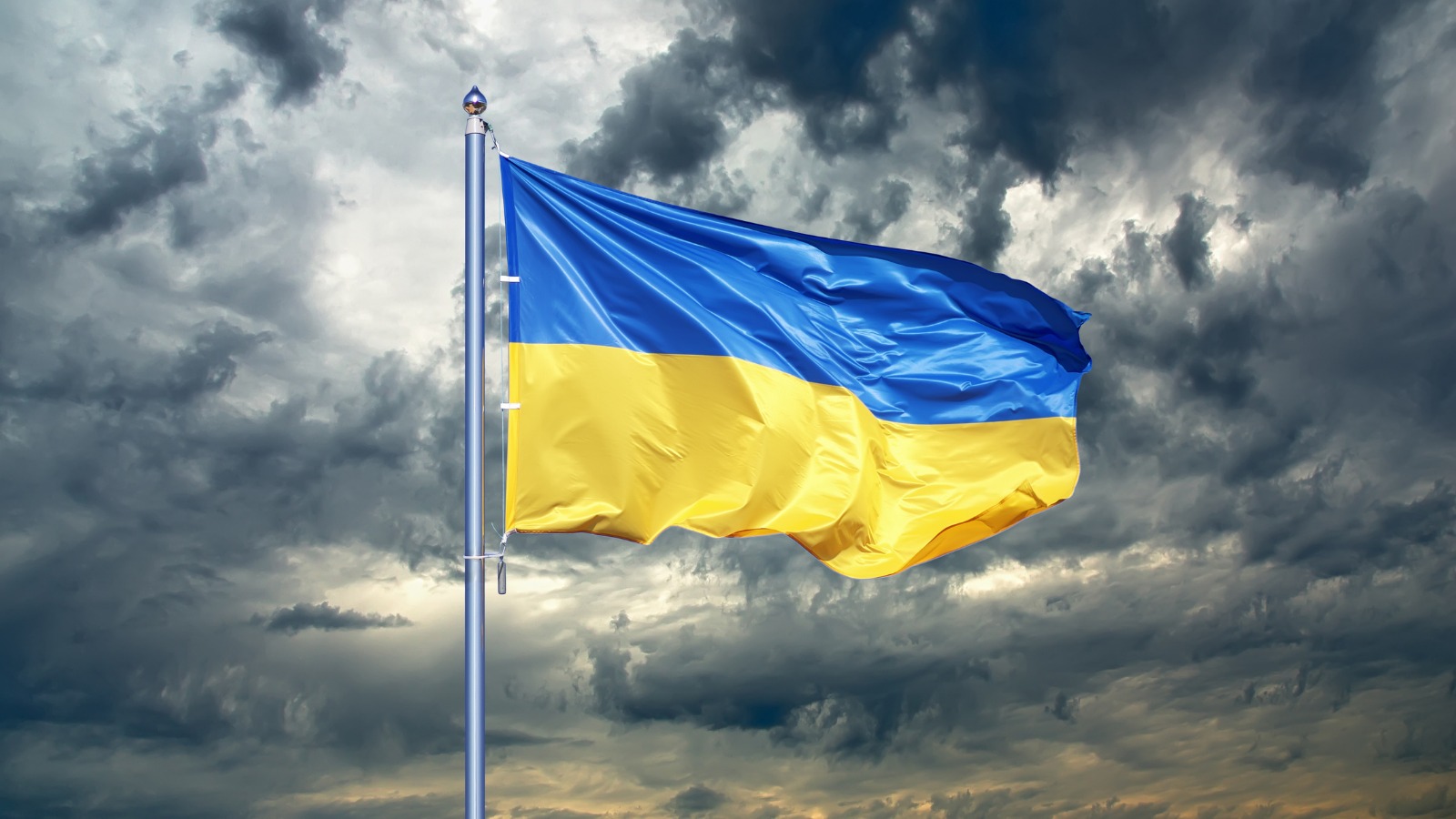
Things sort of pile up, sometimes because we let them, sometimes because in the grand scheme of things we’re little socks hanging in the wind on a line attached only by weathered clothespins.
The trouble with problems is that they are never static. Problems are dynamic, they can ebb and flow, and when problems find ways to be synergistic through the faux guidance of Murphy, things can get out of hand quickly. They become storms.
We feel sometimes like Rob McKenna.
“…And as he drove on, the rainclouds dragged down the sky after him, for, though he did not know it, Rob McKenna was a Rain God. All he knew was that his working days were miserable and he had a succession of lousy holidays. All the clouds knew was that they loved him and wanted to be near him, to cherish him, and to water him…”
Douglas Adams, So Long And Thanks For All the Fish.
I’m not going to say that’s the wrong way to feel. There are a litany of reasons all those warm fuzzy feel good ‘be positive’ folk don’t talk about what being positive all the time sets you up for. It sells books, though – largely gifts that sit on shelves because people are too depressed to read them, and if they’re not, they don’t need them anyway. It’s a good market because nobody wants to admit that the world is not for or against us. Largely, it doesn’t give a microdose of fecal matter about the individual.1
It’s not that positive thinking is bad. It’s just that this cult of “Don’t be so negative” often dismisses real problems that form storms that send livestock hurtling at people’s heads. Oddly, almost never their own, which has evolved a bunch of pseudo-positive people effectively hurtling livestock at the rest of us.
Duck.
Growth is not something that happens when you’re constantly upbeat about being upbeat. We generally call that drugs or some sort of psychiatric disorder. We’re supposed to feel crappy sometimes. Problems can be solved, avoided, or will maim or kill you.
With that in mind, the key is to avoid them maiming or killing you, or if they are going to maim or kill you somehow, try to make it an interesting story. If you find yourself in the midst of a battle of pirates and ninjas armed only with a roll of aluminum foil, know that however it ends it will be a good story.
No matter how we end, we should try to at least be a good story for the people to talk about around the water cooler while they’re microdosing fecal matter2 and throwing positive thinking at each other and livestock at everyone else.

“…And once the storm is over, you won’t remember how you made it through, how you managed to survive. You won’t even be sure, whether the storm is really over. But one thing is certain. When you come out of the storm, you won’t be the same person who walked in. That’s what this storm’s all about…”
Haruki Murakami, Kafka on the Shore.
The self-help book industry will probably be killed by a self-help generative AI model soon that just says cheerful stuff all the time. The trouble with that, and all it’s precursors, is that it discounts people in storms. It robs them of their reality by trying to force them to imagine things are better.
If they are successful in the imagining, they’ll be ignoring the reality of their problems and may well succumb to them. It’s like selling dehydrated water in a desert.3 They tell you that you need it, they tell you have it, and, ‘for you, my friend, special bargain!‘.
The reality is that only you can plot your course, and you have to have a realistic understanding of the storm and where you want to end up – or, at least, where you don’t want to end up.
The key is to survive, but in surviving it is also possible to thrive. Sometimes you need people to support your efforts, but they have to want to support your efforts – even if they don’t need to.
What you need to know is that you alone determine how you make it through the storm. You can be influenced, particularly when you see no other ways, but that doesn’t mean you shouldn’t look for the opportunities instead of blindly following cliche advice someone else hands you.
Now, you can go back to those other folks trying to sell you dehydrated water. Try selling them sand.

 One of the things I have been very involved with over the past months is Ukraine, particularly on Twitter but also in other ways. Yesterday, in a Twitter space hosted by
One of the things I have been very involved with over the past months is Ukraine, particularly on Twitter but also in other ways. Yesterday, in a Twitter space hosted by